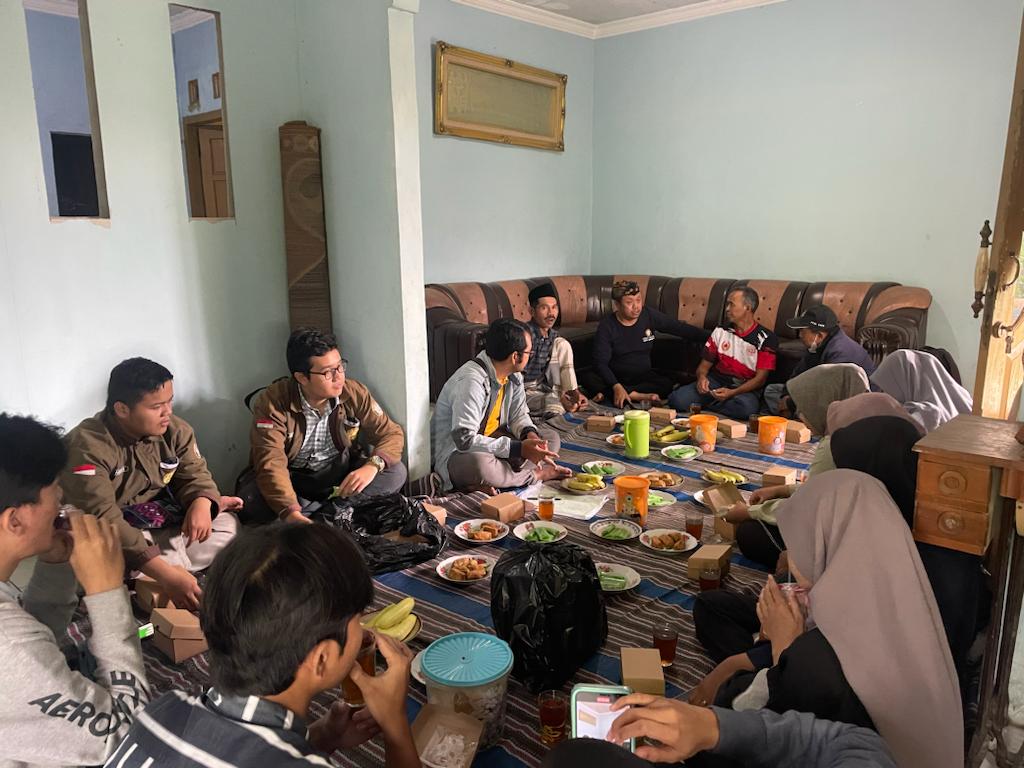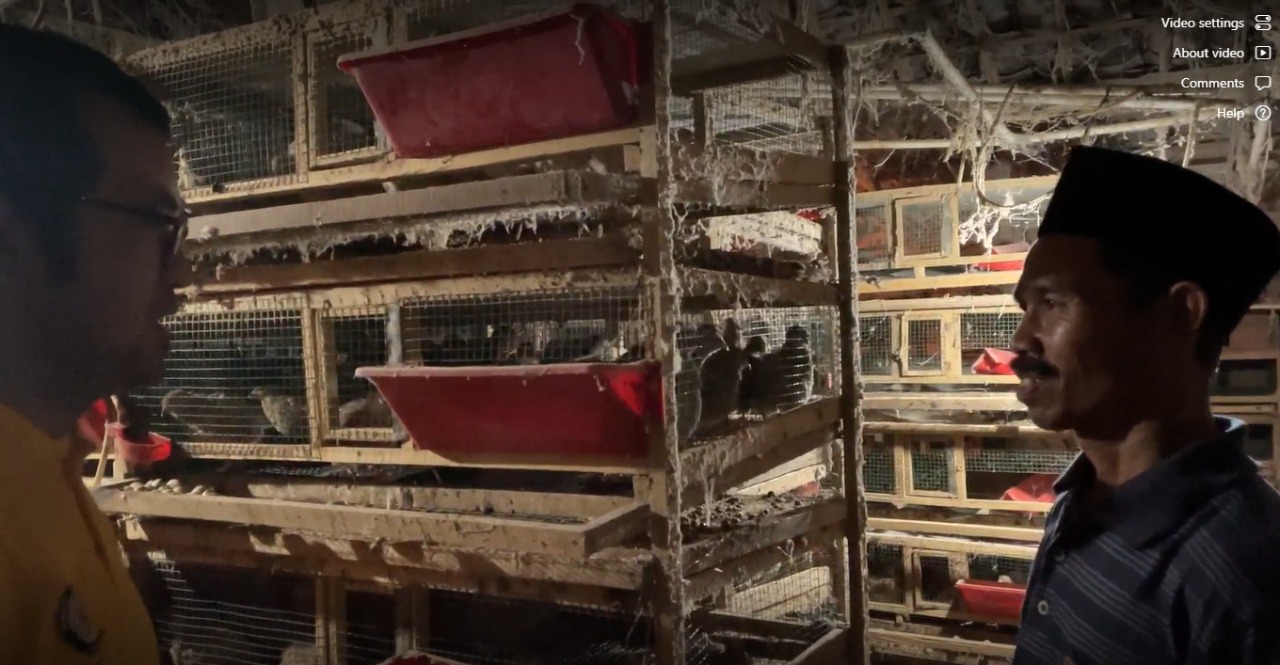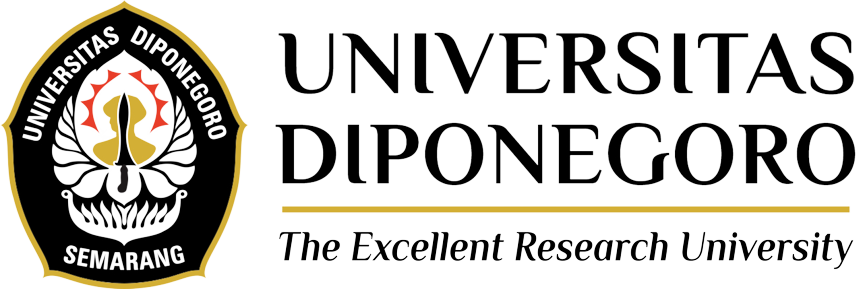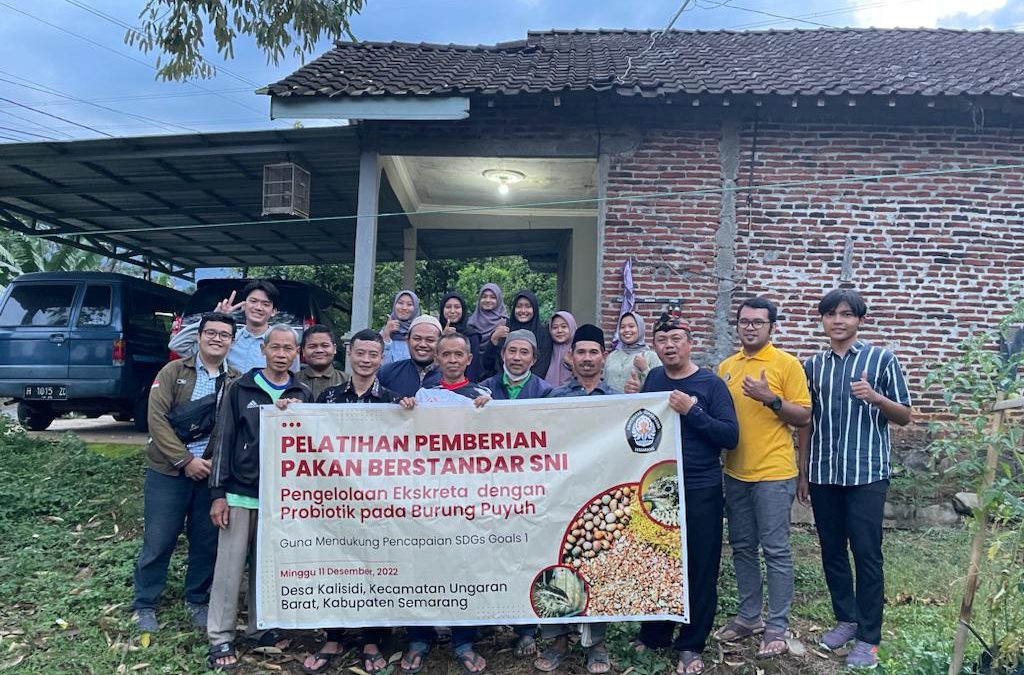Semarang – Central Java (13/12). The Department of Animal Science, Faculty of Animal and Agricultural Sciences, Diponegoro University (Undip) Semarang provided assistance to the quail livestock association in Kalisidi Village, West Ungaran District, Semarang Regency.
Mr. Muhin as Chairman of the Quail Livestock Association said the problem that is happening at the moment is the increase in feed which is always high which is not matched by optimal production.
Lilik Krismiyanto, S.Pt., M.Si. as the Head of the Community Service Team conveyed in the field of SNI standard feeding, the role of feed in quail production is quite important and the result of low feed consumption can lead to reduced intake of poultry nutrition and greatly affect egg quality. Breeders usually provide feed once a day, causing feed in the form of mash or flour not to be consumed optimally. Based on SNI 2006, the feeding of production quails is 2 times a day.
“Beside that, there is a problem of quail droppings or quail excreta which disturbs the air pollution of the surrounding environment. Quail ammonia levels which tend to be high can cause discomfort to the surrounding community. Breeders generally keep their livestock behind the house. Quail excreta control that has been carried out is only used as manure for vegetables and fruit,” said a member of the Quail Association, Mr. Sakimin.
Several alternative steps presented by Dr. Ir. Mulyono, M.Si. as Head of the Community Service Team in the field of poultry manure management, namely 1) excreta can be fermented using Nitrobacter, 2) excreta can be mixed with filler such as sawdust, 3) biogas production. These three excreta controls in the long term biogas can be used as an alternative to renewable energy, especially in Kalisidi village which is not familiar with these methods. If biogas usually uses cow dung, the quail livestock association will make biogas using quail excreta.
The activities carried out by the Team of FPP Undip and students of the Animal Science Undergraduate Study Program were carried out in a series of accelerating the Sustainable Development Goals (SDGs). Thus this activity is expected to end poverty that still exists in the community.



